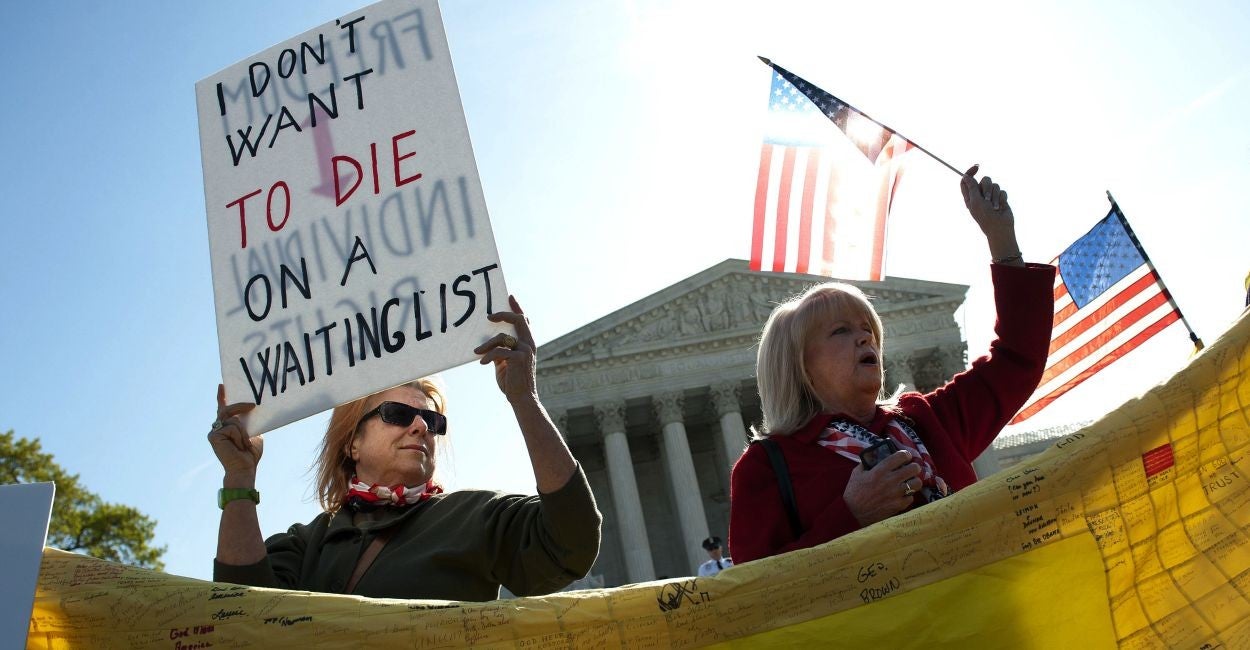
This past week, the United States Court of Appeals for the District of Columbia Circuit, over the vigorous dissent of four judges on that court, denied rehearing en banc (legalese for an entire court rather than just a panel of three judges) in the case of Sissel v. United States Department of Health and Human Services.
Sissel is a case against Obamacare led by the Pacific Legal Foundation, arguing that Obamacare is invalid because it violated the Origination Clause.
Now, the challengers have ninety days to file a writ of certiorari (an appeal) before the U.S. Supreme Court.
This important case deals with the Origination Clause of the Constitution— which reads:
All Bills for raising Revenue shall originate in the House of Representatives; but the Senate may propose or concur with Amendments as on other Bills.
The Founders included this clause primarily to balance out the unique powers the Senate wields, and to ensure that the power of drawing revenue from the people by taxing them would be initiated by the branch that was closest to them (remember, at that time the Senate was elected by state legislatures, not by popular vote) and whose members would have to stand for re-election every two years.
In the first major Obamacare decision, NFIB v. Sibelius, the Court upheld the law as a tax—something that surprised many people.
But if it’s a tax, shouldn’t the bill have originated in the House?
As it happens, Obamacare “originated” in the House in only a very formalistic sense.
H.R. 3590, the bill that became Obamacare, was originally titled “Service Members Home Ownership Tax Act of 2009” and had nothing to do with health care.
But to secure passage of Obamacare, the Senate decided to take this bill, which had passed the House, and gut it entirely, replacing the entire text of that bill with the Obamacare title and text and keeping only the bill number.
After it passed the Senate, the House then approved the new Senate-drafted bill through a reconciliation bill.
The House made no changes to the text, which, because of the Senate’s obscure procedural rules, meant that when the bill went back to the Senate, it was not subject to a filibuster.
This was significant because, in the interim, Sen. Ted Kennedy, D-Mass., had died and been replaced by Scott Brown, R-Mass., thereby depriving the Democrats of the 60 votes they would need to defeat an otherwise inevitable Republican filibuster.
And thus was Obamacare born.







